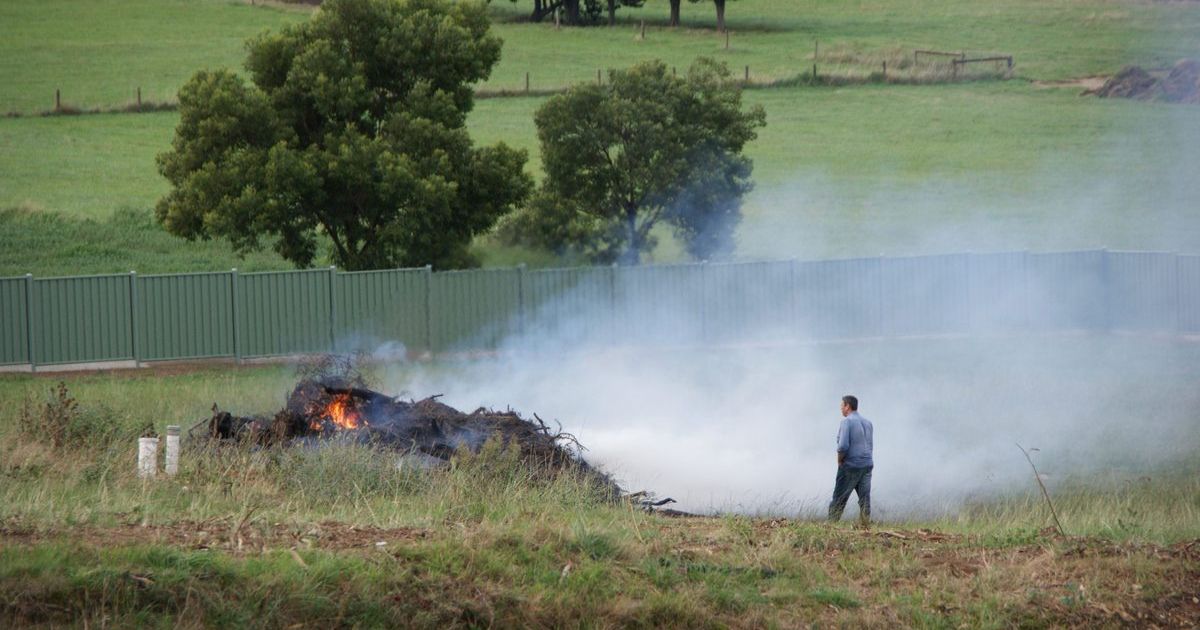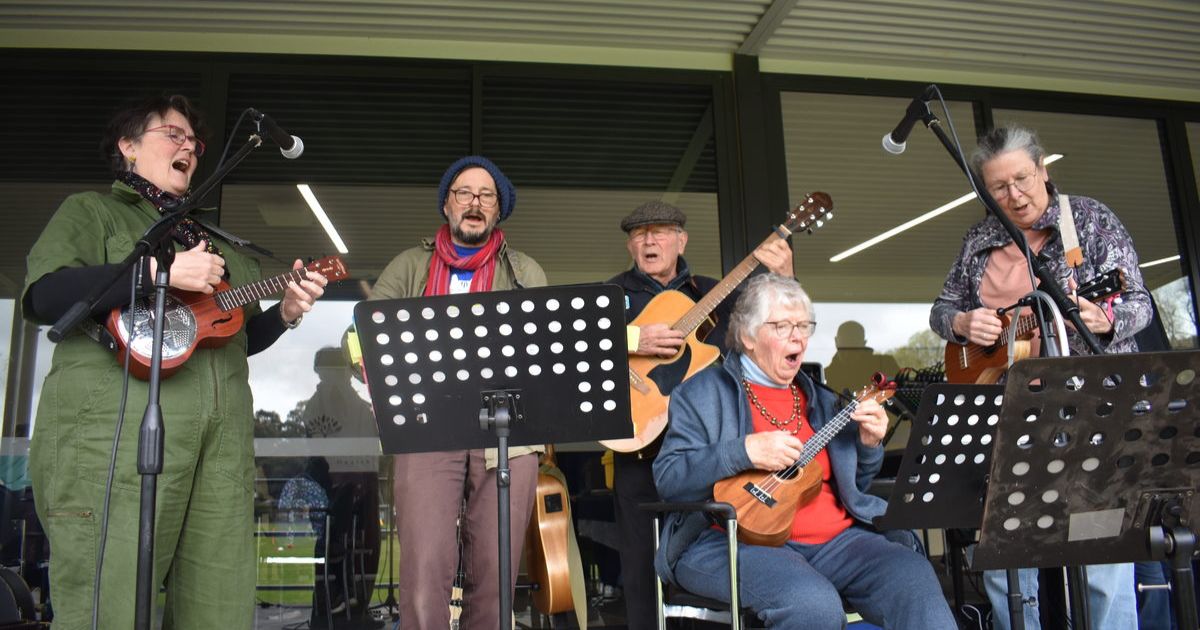Heathcote in the 1920s

Driving success: Elsbury’s garage advertisements indicate a growing market for imported cars in Heathcote by the mid 1920s. Image: FILE
HEATHCOTE’S horizons expanded in the 1920s as film screenings became a regular feature on the town calendar, providing education and entertainment for all.
In 1925, a Back to Heathcote celebration saw residents and visitors flock to a series of events over the Easter weekend.
These included a sports carnival with cycling, wood-chopping, novelty events and whippet racing.
There was also a cricket match, a hospital fete, a race meeting, a horticultural show, and the new Higher Elementary School was opened.
But the pages of the McIvor Times were also filled with day-to-day reporting of local news, including fire reports.
Regular editorial opinion pieces also bemoaned a lack of co-operative spirit and a prevalence of self-interest.
On a wider stage, the paper took a keen interest in political events that had the potential to affect the local economy.
Picture shows
There were regular moving picture screenings at the Heathcote Fire Brigade on Saturday nights. In 1925 these were shown on a ‘silver sheet’ rather than a ‘silver screen.’
Published Wednesday, 21 January 1925
Lovers of the silver sheet will be interested to know that the Heathcote Fire Brigade Pictures are now being supplied with all the latest productions showing in the city and suburbs.
The class of film is distinctly good, and the advanced lists show some real beauties.
“The Shook” featuring a tremendous earthquake and subsequent fires, such as overwhelmed Tokyo in Yokohama, is one coming.
On Saturday night “The Bowery Bishop” will be shown, being a dramatic revelation of a seamy side of New York life – it’s poverty and sordidness – with a man of God, through the medium of his small church, endeavouring to bring light into the dark and lives of the tenants dwellers.
He endeavours to raise the fallen, to put them on the right path- persecuted, even as the Man of Nazareth was. As the persecuted minister, Henry B Walthall, renders a wonderfully dramatic performance, sympathetic and convincing. See it!
Fire!
Fire is an ever-present threat in Heathcote, particularly in the summer months.
A stubble fire at Toolleen threatened a wide area in late January 1925, while a smaller fire in Elsbury’s garage caused a flurry in town.
Published Wednesday, 4 February 1925
A fire broke out in Mr Peiper’s stubble paddock at Toolleen on Saturday morning at about 10:30.
A strong northerly wind swept it through Mr Arch Spiers wheat crop, with such speed that the drivers of the headers and two harvesters had to gallop to safety.
The alarm was sounded on the school bell and the whole district was soon organised into a band of firefighters, supplemented by helpers from Heathcote.
Seeing it was impossible to save Mr Spiers’ paddock, the fighters took up positions along the main road, and after a memorable fight prevented the flames spreading to Mr Dowd’s property, although a chain of fencing was destroyed.
Had the fire crosser the road the wheat area of Crosbie and Mt Camel would have been endangered. Mr Spiers lost a quantity of wheat.
***
Excitement was rife in Heathcote on Friday afternoon, when the fire-bell stirred the business portion of the town.
A new Buick car in Elsbury’s garage, owned by Mr Cullen, Spring Plains, caught fire and provided an exciting few minutes for the willing hands that soon gathered.
W Winzar who was working on the car at the time, was seated at the wheel when the front portion burst into flame, and in putting the brake off to allow the car to be pushed into the open garage he was severely burnt on both hands and had to receive medical attention.
The windscreen, hood, and portion of the upholstery was destroyed, the damaged being estimated at £100.
The car was insured. The fire reel was brought out but not needed.
Back to Heathcote
The Back to Heathcote event filled the columns of the McIvor Times in early 1925 and it provided the opportunity for some editorial navel-gazing about the district’s future and the need to harness the momentum that had been achieved.
Wednesday, 22 April 1925
Heathcote has made history; it has achieved the great idea of its residents, and its name has been raised in many places where before it lay unheeded.
It has risen Phoenix-like from the dead ashes of the past, and it has obtained its one great opportunity in an existence of 70 years.
It has a wonderful chance of now carrying the illuminated torch of progress through its future activities.
But whether that opportunity will be taken full advantage of remains to be seen.
That there are public men alive to the prospects of the very near future is shown by a perusal of the speeches delivered at the President’s Night during the “Back to Heathcote” week.
At that function the president of the movement (JJ Farley) spoke in a strain that commends itself to all right-thinking citizens.
The spirit which was created by the back to Heathcote movement has been the primary means of leading the town onto a wonderful and inspiring celebration; not only that but the spirit was of such a nature that, despite the departure of visitors and the disappearance of the relics of a past Carnival of good times and daily frolics, it had in it the signs of permanency.
“The townspeople had never been so united as during the ‘Back to Heathcote’ celebration,” said the president.
“I would like that feeling to continue to exist, and it would be a good thing for the town generally. Heathcote would be one of the best towns in Victoria if the people would be united and work together.”
Admirable sentiments that should be the slogan of our townspeople!
Then the natural query arises: If unity can be shown to bring about one big success, what is to prevent it being maintained to assist in the development and advancement of our town and neighbourhood?

Disharmony
A brief, but illuminating series, items under the heading Various Views shows that factionalism and infighting in voluntary committees is both timeless and universal.
Wednesday, 30 October 1929
Following a lively meeting of the Kilmore A & P Society, where there was a heated discussion, three resignations were received.
***
Yes, there is one thing that Heathcote should pride itself on, it is its picturesque reserve and its popularity is enhanced by progressive tennis, bowls and croquet clubs.
It is a pity there is not a greater spirit of unity permeating the town!
“To be or not to be?” is no longer the question in Heathcote.
It has been superseded by the all-important query, “What is the law of meetings?”
Protecting farmers
The McIvor Times made no mention of the Wall Street stock market crash of 1929.
It was, however, very preoccupied with an upcoming referendum on alcohol licencing changes in Victoria.
While these changes would have effectively resulted in prohibition, they would not have criminalised alcohol consumption.
But drinkers would have needed to import their favourite tipple into the state, which would have put it out of reach for the vast majority of people.
At a local level the concern was mainly about the effect of the loss of the liquor industry on grain farmers.
Published Wednesday, 23 October 1929 (edited extract)
Victorian primary producers would do well to take heart the moral included in the following article from the pen of congressman Loring Black of New York.
The farmers of America, he said, recognised that as a result of the “noble experiment” of prohibition they had lost nearly a billion dollars of grain that formerly went into thirsty city throats.
Meanwhile Canadian grain comes across in concentrated liquid form on which American farmers pay bootleggers tariff.
In barley alone farmers have lost $854,368,620.
The United states has lost in taxation through prohibition, about $1 billion, and it is costing the country about $100 million a year in enforcement attempts.
The Canadian farmer has only to worry about whether to buy Rolls Royce or Lincoln or both.
To the American farmer Henry Ford’s motor car is an extravagance
In view of the State-wide prohibition poll to be conducted in Victoria this year, the foregoing scathing depreciation of the American dry laws concerning the man on the land should provide a special interest to Victorian farmers.
It will not be surprising if it convinces the vast majority of the necessity for voting “No” to the absurd proposal that we should follow America’s lead.


















